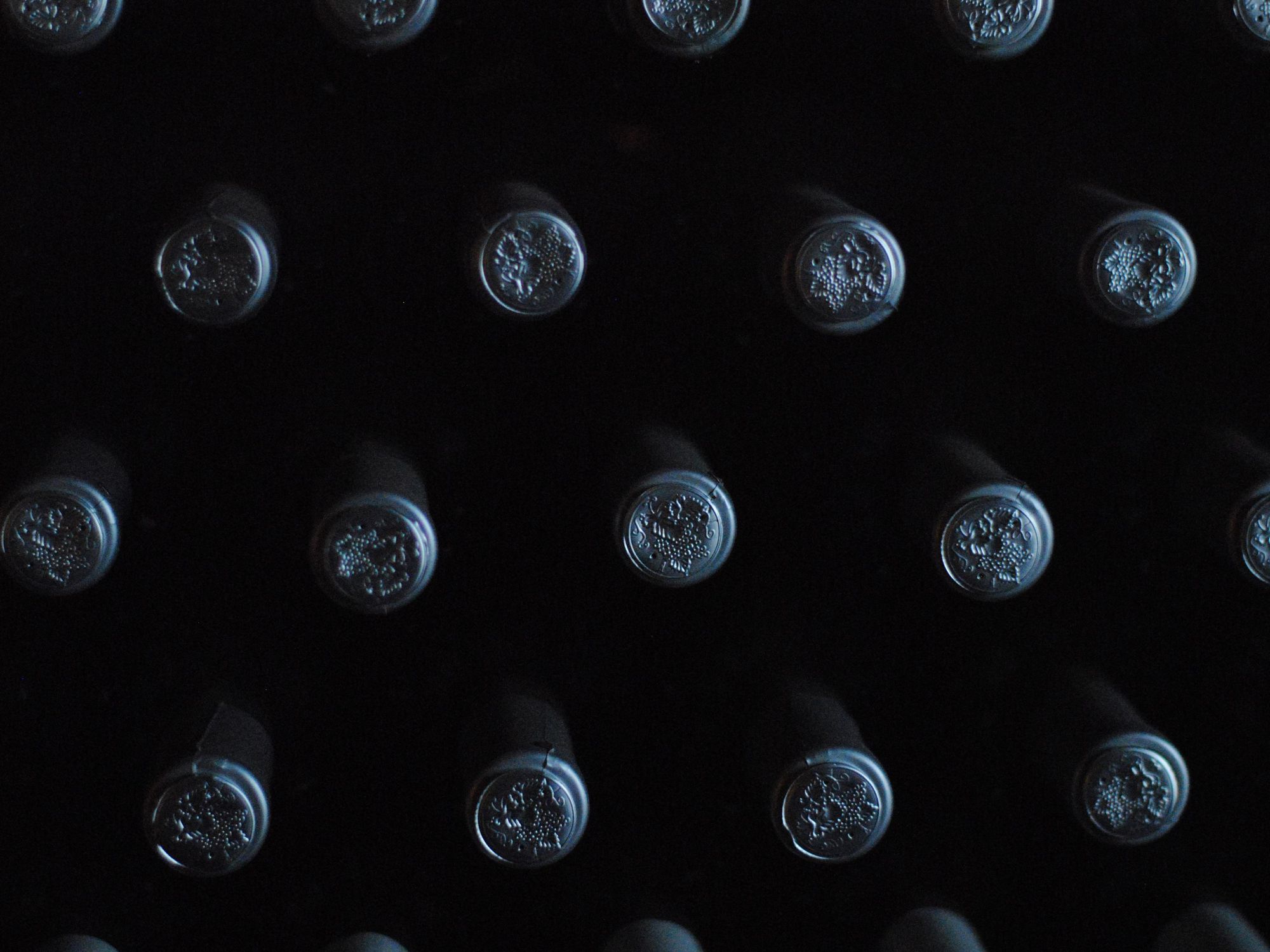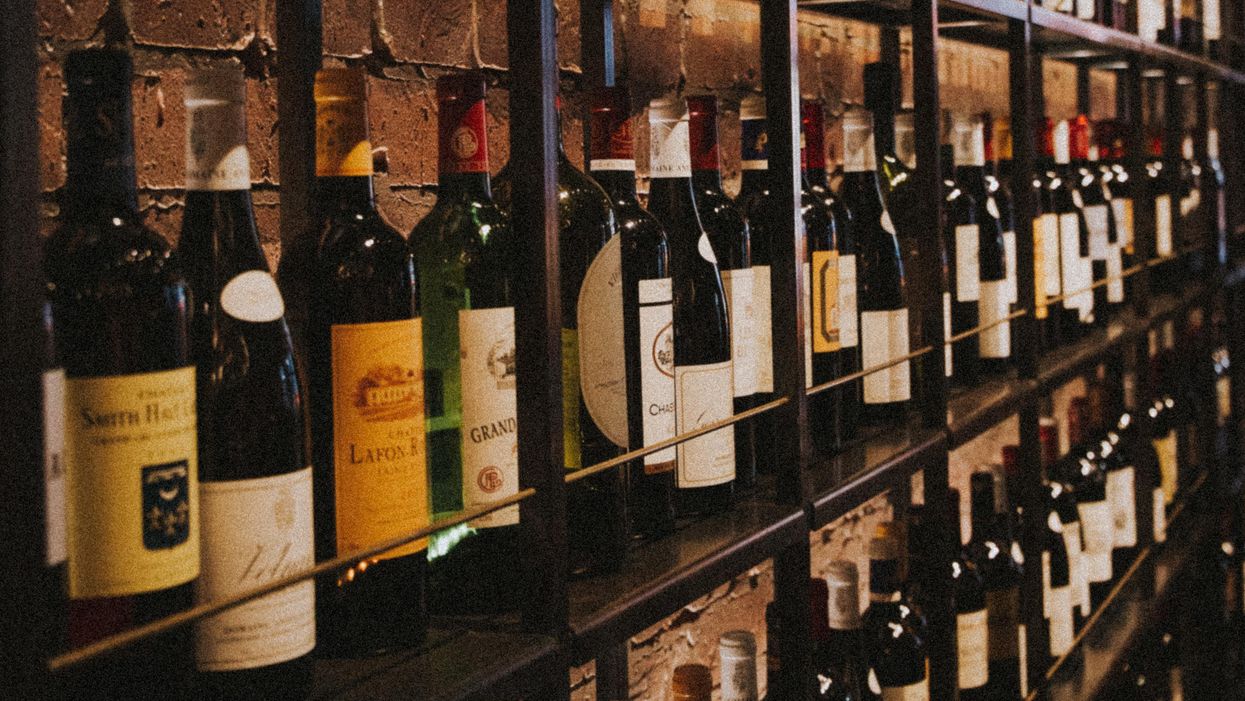One Global Crisis Helped IPO-Bound Winc Sell Wine. Another Poses a Threat.
Harri is dot.LA's senior finance reporter. She previously worked for Gizmodo, Fast Company, VentureBeat and Flipboard. Find her on Twitter and send tips on L.A. startups and venture capital to harrison@dot.la.

Buoyed by a surge in sales during the pandemic, Playa Vista-based wineseller Winc aims to raise as much as $92 million in a public debut that's anticipated this week.
The 10-year-old company expects to price its IPO between $14 and $16 per share and has applied to list on the New York Stock Exchange under the symbol "WBEV."
Like other alcohol purveyors, Winc has seen a "significant increase" in direct online sales since March 2020, according to an SEC filing published last week. As the pandemic shuttered bars and restaurants, more people splurged on bottles of wine and spirits to drink at home. Excessive drinking spiked during lockdowns, too.
Winc's executives say the online frenzy reflects a "permanent shift in consumer behavior," away from buying bottles at brick-and-mortar stores.
Winc produces its own wines in collaboration with vineyards and other wine brands, such as Yes Way Rosé. And in a sense, Winc can be thought of as a wine-brand factory. It aims to pop out as many as ten new brands per year based on the data it gathers on customers and their ordering habits. To that point, Winc says its mission is to "become the leading brand builder within the alcoholic beverages industry."
The majority of Winc's revenue today comes from its subscribers, who pay monthly for bottles tailored to their palates, but the company also sells its brands through wholesalers. In all, Winc says it sold more than 430,000 cases of wine in 2020, up 80% from the prior year.
While the pandemic has been a boon for Winc's sales, another global emergency poses a threat to its bottom line.

Climate Change and Wildfires
Winc warned in its filing that destructive events linked to climate change, such as wildfires and extreme weather, "could negatively impact the quality and quantity of grapes available to us and our producers for wine production."
The wine industry at large has already suffered from fires and extreme weather. For example, smoke taint has ruined harvests and rising temperatures have disrupted growing regions.
"We are already beginning to see the effects of climate change on wine in many regions of the world," Columbia University climate scientist Dr. Benjamin Cook told dot.LA. For example, droughts and wildfires in the West are "linked in part to climate change, and these events are having impacts on grape growers and harvests in California and elsewhere in the region," said Cook in a comment on the wider industry.
But Winc sells a ton of California wine. All five of the company's "core brands" — which each bring in between "$1 million and $10 million in annualized revenues" — feature California grapes, though not always exclusively. Winc's "Wonderful Wine Company," for example, sources grapes from California as well as Spain, Argentina, and Chile. For its part, Winc says it is "not reliant on any one vineyard or geographic" because it outsources production.
As the impacts of climate change nevertheless grow clearer, climate-related disclosures such as Winc's have also "grown dramatically" in the U.S., the Securities and Exchange Commission said earlier this year.
And wine is one among countless industries affected by the climate crisis.
Google, for example, has cautioned that hotter temperatures could drive up the cost of cooling its data centers, while drugmaker Eli Lilly has said the warming Earth may boost demand for some of its medicines.
Winc's Footprint
While noting the threat of climate change, Winc also laid out in some detail how it limits its carbon footprint. The company said in the filing that it uses "flexi-tanks" to pack more wine into shipping containers and it plans to embrace corks that are "100% plant based, 100% sustainable and made from discarded materials."
Winc also says it strives to produce 75% of its wines "from sustainably farmed grapes by the end of 2021." The wineseller advertises many of its bottles under a sustainability banner, but it offers little information on how it determines whether a bottle of wine was produced sustainably.
Winc did not respond to requests for comment on its coming IPO.
Editor's note: Winc has reportedly postponed its IPO. The firm did not immediately respond to a request for comment.
- Winc Wine Subscription Postpone Public Stock Exchange Debut - dot.LA ›
- Winc Makes Disappointing IPO, Stock Price Slips - dot.LA ›
- Winc Rises in Revenue, Declines in Direct-to-Consumer Sales - dot.LA ›
Harri is dot.LA's senior finance reporter. She previously worked for Gizmodo, Fast Company, VentureBeat and Flipboard. Find her on Twitter and send tips on L.A. startups and venture capital to harrison@dot.la.



 Image Source: Northwood Space
Image Source: Northwood Space

 Image Source: JetZero
Image Source: JetZero